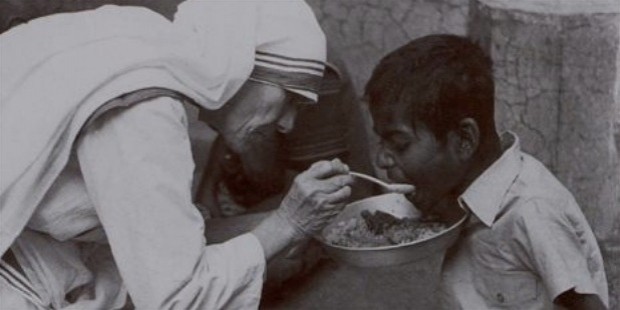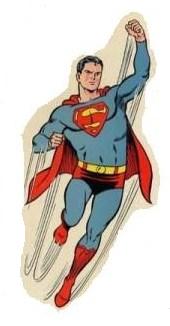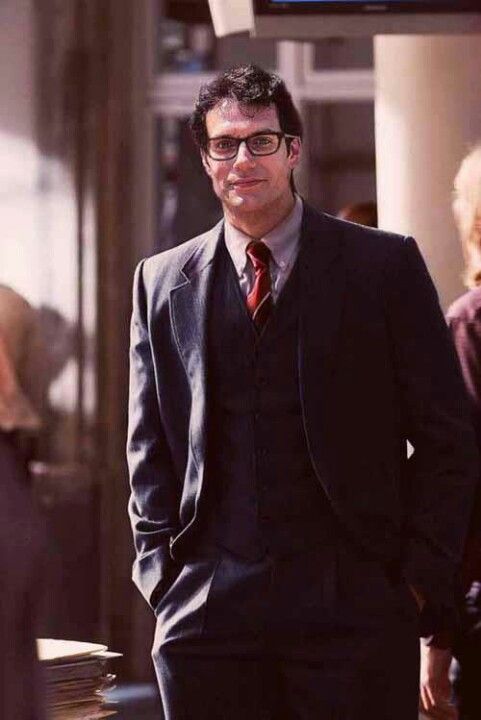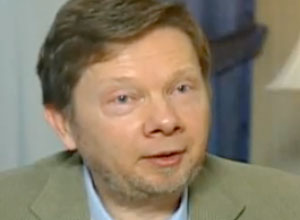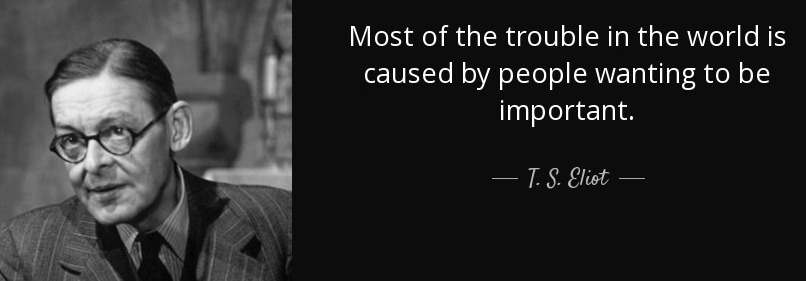|
home | what's new | other sites | contact | about |
||||
|
Word Gems exploring self-realization, sacred personhood, and full humanity
Philanthropy, Charity, Service
"You are not here merely to make a living. You are here in order to enable the world to live more amply, with greater vision, with a finer spirit of hope and achievement. You are here to enrich the world, and you impoverish yourself if you forget the errand." Woodrow Wilson
Editor's Essay: A Review of Dr. Hew Len’s Ho’oponopono plus The Secret and related philosophies
Martin Luther King, Jr.: "Philanthropy is commendable, but it must not cause the philanthropist to overlook the circumstances of economic injustice which make philanthropy necessary." : “To serve is beautiful, but only if it is done with joy and a whole heart and a free mind.” Shelley: "When the power of imparting joy is equal to the will, the human soul requires no other heaven." James J. Walsh, Education of the Founding Fathers of the Republic: Education 250 years ago emphasized to students charitable service and civic responsibility: “There was something in [their education] effective for making men capable of deep thinking not for self but for others... and cultivated that civic virtue which led men to consider their brother citizens and their advantages quite as well as their own... At all of the colonial colleges ... [there was the] thoroughgoing conviction ... that the all important function of the college was to make men better and above all better citizens. They were not educating people for personal success in the life but for the benefit which they would confer on the community... they had repeated for them over and over again that education’s aim was the benefit of the community and the doing good for their fellow men.”
The following is reprinted from the "afterlife #31.stead" page:
Schopenhauer and the hero, risking one's life for another at the sudden realization of oneness with all
Anthony Robbins: "Only those who have learned the power of sincere and selfless contribution experience life's deepest joy: true fulfillment." Leo Tolstoy: "The sole meaning of life is to serve humanity." Aristotle: "The greatest virtues are those which are most useful to other persons." Dr. Dorothy I. Height: "Without community service, we would not have a strong quality of life. It's important to the person who serves as well as the recipient. It's the way in which we ourselves grow and develop." Martin Luther King, Jr.: "Everybody can be great, because anybody can serve." Norman Vincent Peale: "Joy increases as you give it, and diminishes as you try to keep it for yourself. In giving it, you will accumulate a deposit of joy greater than you ever believed possible." Mahatma Gandhi: "You must be the change you wish to see in the world." William Dean Howells: "The secret of the man who is universally interesting is that he is universally interested." George Washington Carver: "How far you go in life depends on your being tender with the young, compassionate with the aged, sympathetic with the striving, and tolerant of the weak and strong." William Shakespeare, The Merchant of Venice : "How far that little candle throws his beams! So shines a good deed in a naughty world." Ralph Waldo Emerson: "What is success? To laugh often and much; To win the respect of intelligent people and the affection of children; To earn the appreciation of honest critics and endure the betrayal of false friends; To appreciate beauty; To find the best in others; To leave the world a bit better, whether by a healthy child, a garden patch or a redeemed social condition; To know even one life has breathed easier because you have lived; That is to have succeeded." Eleanor Roosevelt: "When you cease to make a contribution, you begin to die." St. Paul, Galatians 5:14 (NIV): "The entire law is summed up in a single command, Love your neighbor as yourself ." Helen Keller: "Until the great mass of the people shall be filled with the sense of responsibility for each other's welfare, social justice can never be attained." Albert Einstein: "Whatever there is of God and goodness in the universe, it must work itself out and express itself through us. We cannot stand aside and let God do it." Elbert Hubbard: "One great, strong, unselfish soul in every community could actually redeem the world." Dalai Lama: "Our prime purpose in this life is to help others. And if you can’t help them, at least don’t hurt them." William James: "The greatest use of life is to spend it for something that will outlast it." Reinhold Niebuhr: "Nothing worth doing is completed in our lifetime, Therefore, we are saved by hope. Nothing true or beautiful or good makes complete sense in any immediate context of history; Therefore, we are saved by faith. Nothing we do, however virtuous, can be accomplished alone. Therefore, we are saved by love. No virtuous act is quite as virtuous from the standpoint of our friend or foe as from our own; Therefore, we are saved by the final form of love which is forgiveness." Unknown: "People are unreasonable, illogical and self-centered. Love them anyway. If you do good, people will accuse you of selfish, ulterior motives. Do good anyway. If you are successful, you will win false friends and true enemies. Succeed anyway. The good you do today will be forgotten tomorrow. Do good anyway. Honesty and frankness make you vulnerable. Be honest and frank anyway. The biggest person with the biggest ideas can be shot down by the smallest person with the smallest mind. Think big anyway. What you spend years building may be destroyed overnight. Build anyway. People really need help but may attack if you help them. Help people anyway. Give the world the best you have and you might get kicked in the teeth. Give the world the best you've got anyway." Cicero Pro Ligario: "In nothing do men more nearly approach the gods than in doing good to their fellow men." Helen Keller: "Life is an exciting business, and most exciting when it is lived for others." Martin Luther King, Jr.: "Life's most persistent and urgent question is, What are you doing for others?" Albert Schweitzer: "I don't know what your destiny will be, but one thing I do know: the only ones among you who will be really happy are those who have sought and found how to serve." Alfred Adler: "There is a Law that man should love his neighbor as himself. In a few hundred years it should be as natural to mankind as breathing or the upright gait; but if he does not learn it he must perish." Herman Melville: "We cannot live only for ourselves. A thousand fibers connect us with our fellow men; and among those fibers, as sympathetic threads, our actions run as causes, and they come back to us as effects." Ernest Fitzgerald: "It is not by accident that the happiest people are those who make a conscious effort to live useful lives. Their happiness, of course, is not a shallow exhilaration where life is one continuous intoxicating party. Rather, their happiness is a deep sense of inner peace that comes when they believe their lives have meaning and that they are making a difference for good in the world." Buckminster Fuller: "You can rest assured that if you devote your time and attention to the highest advantage of others, the Universe will support you, always and only in the nick of time." George Washington: "Labor to keep alive in your heart that little spark of celestial fire called conscience." Joan of Arcadia: from the episode, St. Joan: "You have to figure out where you can do the most good." Albert Camus: “When you have once seen the glow of happiness on the face of a beloved person, you know that a man can have no vocation but to awaken that light on the faces surrounding him; and you are torn by the thought of the unhappiness and night you cast ... in the hearts you encounter." Abigail Adams, late July 1784: Travelling by carriage to London, the future First Lady witnessed a robbery, the 20-year-old perpetrator captured: "...and we saw the poor wretch gastly and horible, brought along on foot, his horse rode by a person who took him." Put-off by the dark spirit of the attending British mob, Abigail's merciful heart responded: "Tho every robber may deserve Death yet to exult over the wretched is what our Country is not accustomed to. Long may it be free of such villainies and long may it preserve a commisiration for the wretched." Abigail Adams, July 4, 1784: On the eighth anniversary of the signing of the Declaration of Independence, while enduring great hardship and peril crossing the Atlantic to meet her ambassador husband, Abigail Adams recorded these words: "Whilst the Nations of Europe are enveloped in Luxery and dissipation; and a universal venality prevails throughout Britain, may the new empire, Gracious Heaven, become the Guardian and protector of Religion and Liberty, of universal Benevolence and Phylanthropy. May those virtues which are banished from the land of our Nativity, find a safe Assylum with the inhabitants of the new world." Charlotte Dresser, Life Here And Hereafter (1927): transcribed by Dresser, sent from the other side: "I am wishing to tell those on earth, who are struggling to learn what is the meaning of life, that it is the way one looks at it that determines its value. If one thinks of it as a time of sensuous enjoyment, one makes his life a thing of little worth, for such things have no value in the spirit world. If one looks at life as something to be endured and to be gotten through as soon as possible, he will form a character that has nothing to rest on here. He will have to create new foundations before he can advance. If one there believes that life consists in praying and preaching, that spirit is apt to want to pray and preach here; and in this world there are no churches or congregations to respond as they did there, and the spirit has to learn that there are other things to acquire before the true life can be enjoyed. When a soul on earth can realize that there are others there who need assistance, who will be the better for aid and sympathy, and can learn to feel that this aid and sympathy can be given by himself, he is on the way to create the life that will mean the most to him when his mortal life is over." Silver Birch: "Divine love covers the universe. It is love that has shaped its course, it is love that has regulated its evolution, it is love which is part of the divine beneficence, it is love which actuates all those advanced spiritual beings who, forfeiting all that they have gained by their attainment, return to your cold, grey, unattractive world to give service to those who need it." Frederic W. H. Myers, Vanishing Night, transmitted to Juliet S. Goodenow, 1923: "It is not so much what you will find when you come to this side of life as what you will bring with you... Sleep is the best definition of death I know anything about - just going to sleep unafraid to awake in a new and beautiful room, and to be satisfied... [On Earth] you are the apprentice to your own soul. Here you are the promoted individual... Bring all of your soul treasures - you will need them, your culture, your love of art, of music - all this you will use... Every want shall be satisfied. Material possessions you will not need... We are undisguised, for on our foreheads is the insignia of whatever we have gained in culture, love for humanity, charity, selflessness, energy and force, ambitions for the sake of others - all this is here waiting for us when we are given ... our Price, our Wage, whatever we have earned during our years of apprenticeship." Adam Smith: “Virtue is more to be feared than vice, because its excesses are not subject to the regulation of conscience.” Henry David Thoreau: "If I knew for a certainty that a man was coming to my house with the conscious design of doing me good, I should run for my life. Margaret Mead: "Never doubt that a small group of thoughtful, committed citizens can change the world. Indeed, it is the only thing that ever has."
|
||||
|
|
